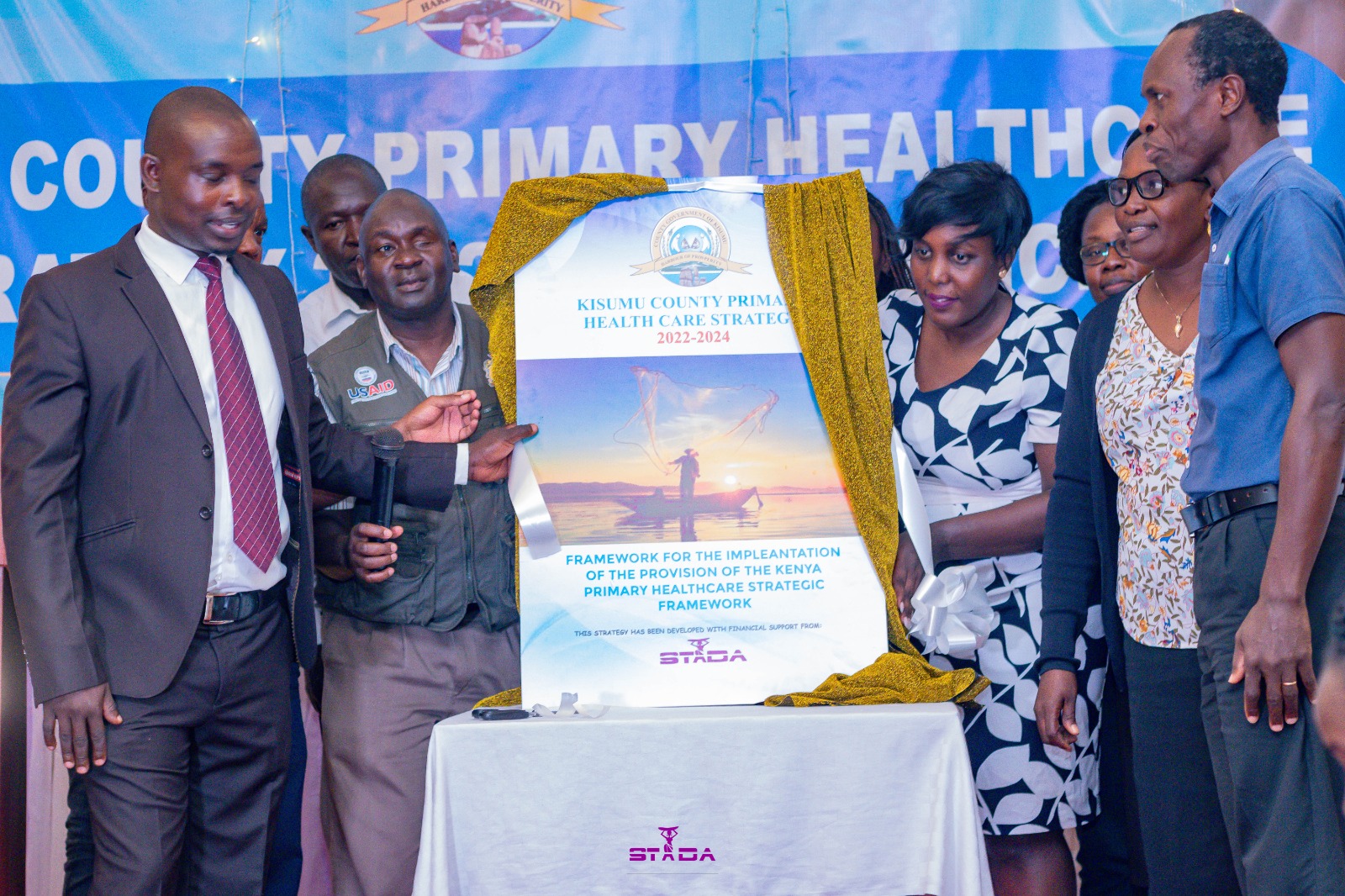Improving maternal health lies at the heart of our strategy. We address the five leading causes of maternal mortality—postpartum haemorrhage, obstructed labor, unsafe abortion, sepsis, and pre-eclampsia/eclampsia. Every woman deserves safe, respectful care during pregnancy and childbirth.
We strengthen health systems to:
• Expand emergency obstetric and neonatal care
• Train health workers in respectful, evidence-based practices
• Increase access to skilled birth attendants and essential medicines
• Improve early detection and referral of complications
Through the AAAQ framework, we remove systemic barriers and advance maternal health as a right. We also engage communities—especially men—to encourage shared responsibility and early care-seeking.

